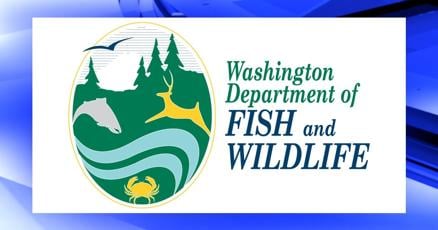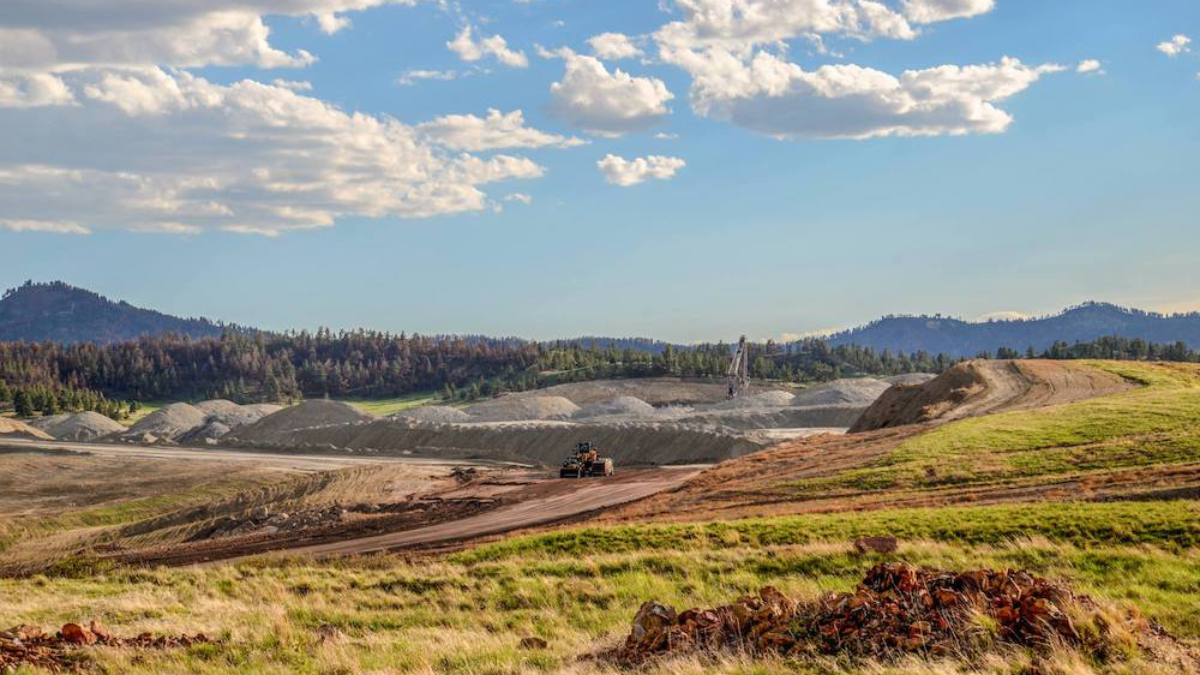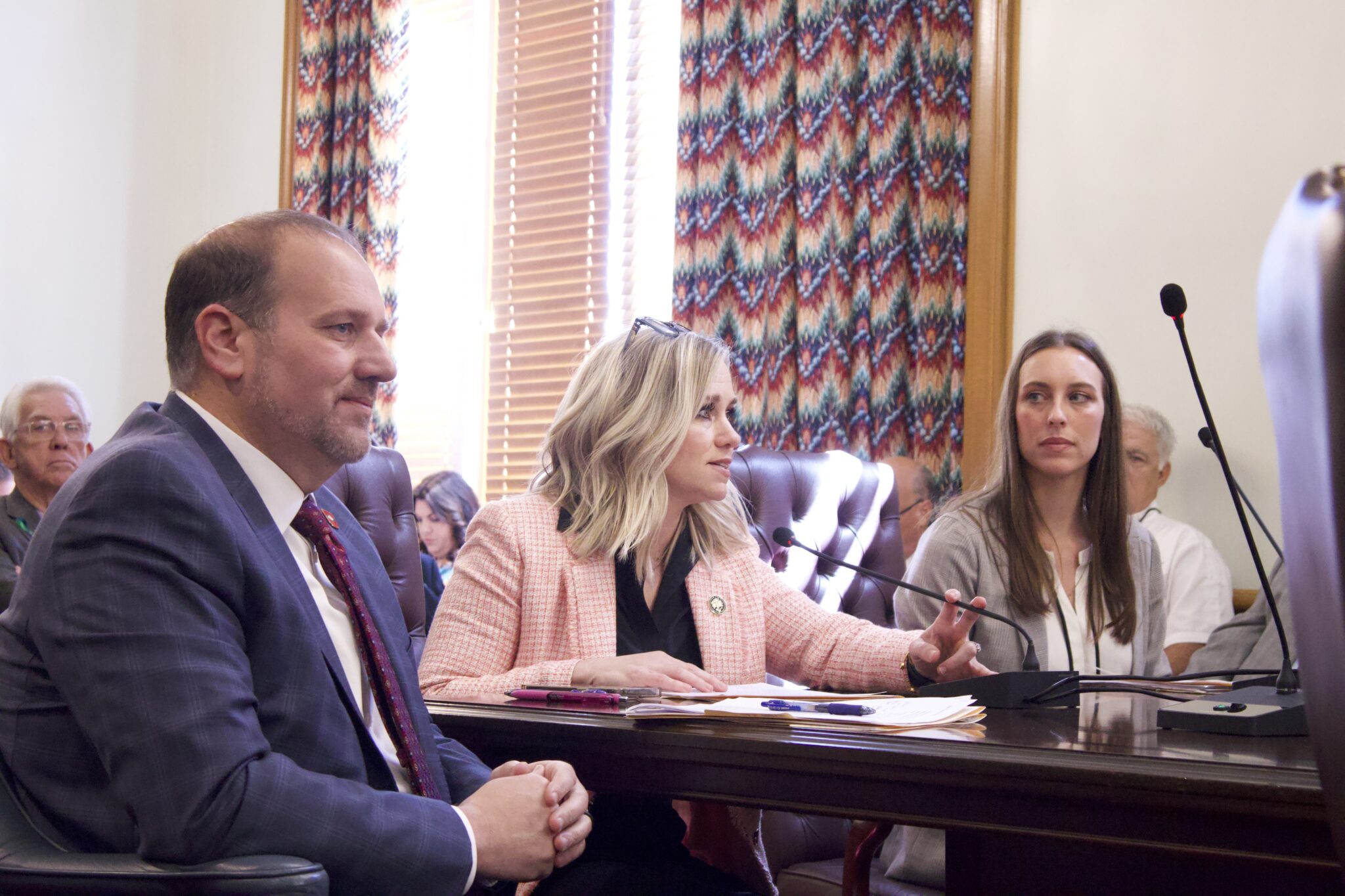
River's Resurrection: Indigenous Communities Left Unheard in Santa Cruz Revival
The Santa Cruz River, once a barren stretch of dry riverbed in southern Arizona, is experiencing a remarkable revival. After years of depletion, this historic waterway is slowly returning to life, breathing new hope into the desert landscape. The river's resurrection is not a simple miracle, but the result of careful environmental planning and innovative water management strategies. Treated wastewater from nearby Tucson has become a lifeline, creating a surprising oasis in an otherwise arid region. Native plants are now sprouting along the banks, and wildlife is gradually returning to this renewed ecosystem. However, the journey of restoration is far from complete. Significant challenges remain, including maintaining water quality, managing sustainable water sources, and protecting the delicate balance of the river's emerging habitat. Local environmental groups and water resource managers are working tirelessly to ensure the river's continued recovery. This rebirth represents more than just a local environmental success story. It symbolizes hope—a testament to human ingenuity and nature's resilience in the face of prolonged drought and environmental stress. The Santa Cruz River stands as a powerful example of how strategic conservation efforts can breathe life back into seemingly irreparable landscapes.









